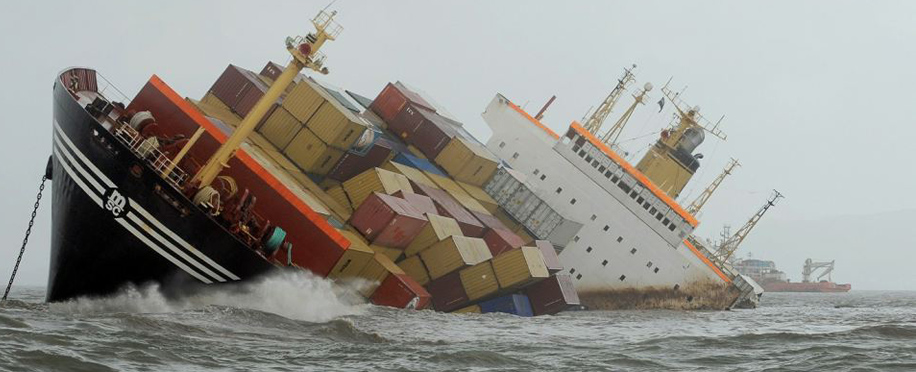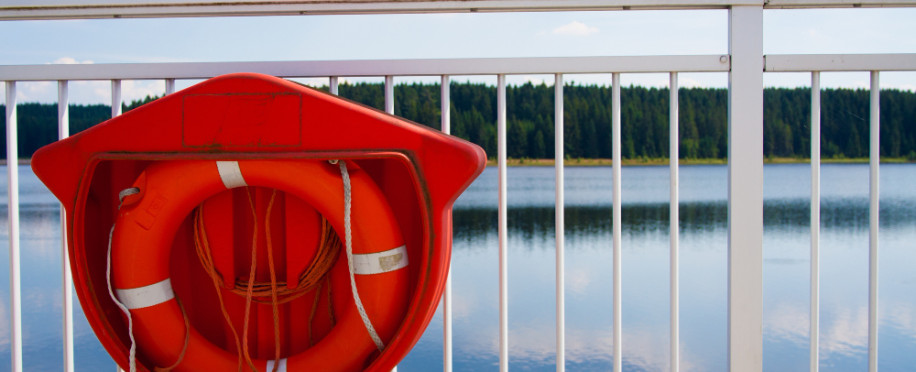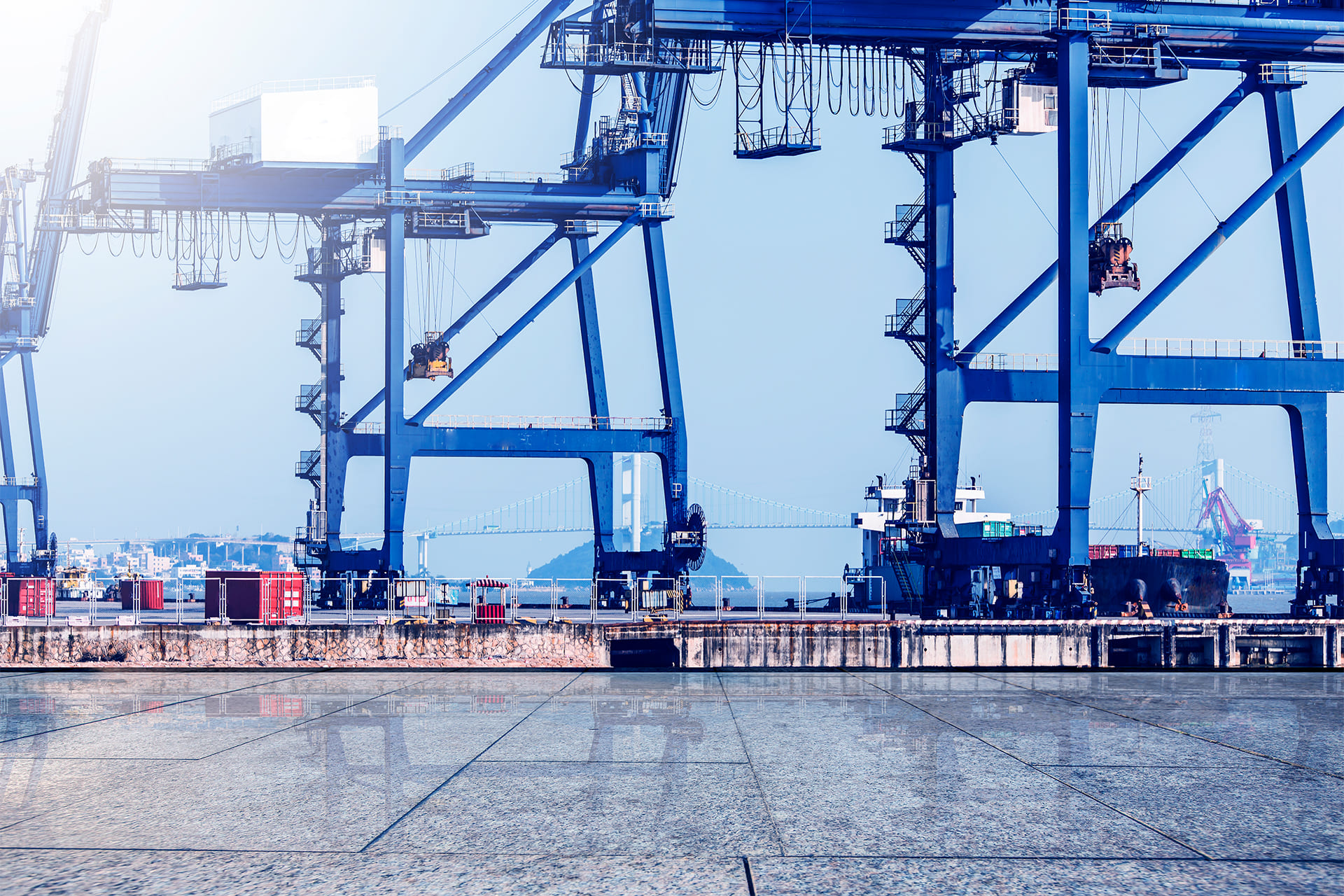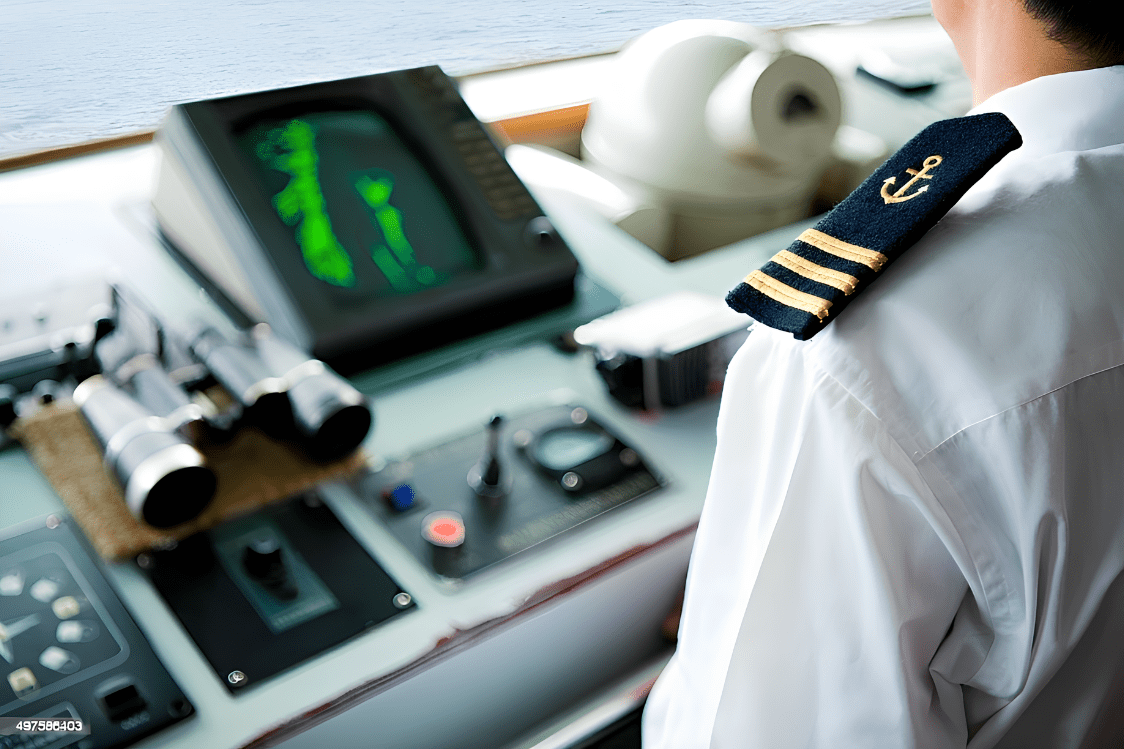The Growing Importance of LNG-Fueled Ships in Reducing Maritime Emissions
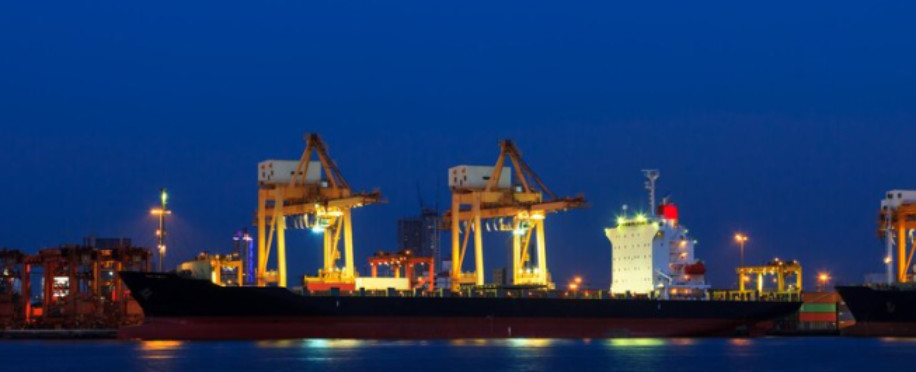
Posted on Feb 09, 2024 at 10:02 PM
Are you curious about the rising trend of LNG-fueled ships and their role in reducing maritime emissions? Let's explore this exciting topic and the significance of LNG fuels in the marine industry.
In this article, we will discuss what LNG-fueled ships are and why they are gaining importance in pursuing a greener future for shipping.
What are LNG fuels?
Liquid Natural Gas, or LNG for short, is a cleaner-burning fossil fuel alternative to traditional marine fuels such as heavy oil. The process involves cooling natural gas to a liquid form, making it more accessible, safer, and more efficient for transporting and storage. LNG is odourless and non-toxic and can reduce harmful emissions, making it an environmentally friendly alternative in various industries, predominantly maritime transportation.
What are LNG-fueled ships?
As the name implies, LNG-fueled ships are vessels that use an alternative fuel to conventional high-sulfur marine fuels in the form of liquefied natural gas. These vessels are equipped with LNG-optimised engines that burn them efficiently for propulsion and auxiliary power. The LNG-fueled ships can have dedicated tanks for storing liquefied natural gas or use bunker tanks that store it during the voyage.
Why are LNG-fueled ships important?
The importance of LNG-fueled ships lies in their remarkable capability to significantly reduce harmful emissions compared to traditional marine fuels. Here are a few key reasons why they are gaining recognition:
-
Lowering greenhouse gas emissions: Compared to traditional marine fuels, LNG-fueled ships release less CO2 carbon dioxide, the main greenhouse gas causing climate change. The burning of LNG generates less CO2 emissions, helping to reduce the shipping industry’s contribution towards global warming.
-
Reducing air pollutants: LNG is a much cleaner fuel, which means less emission of nitrogen oxides (NOx) and sulfur oxides (SOx). The impact of these pollutants on the health and environment is severe. Ships using LNG significantly reduce the emission of these harmful substances into the atmosphere.
-
Enhancing maritime safety: LNG is also harmless to handle and transport because it vaporises rapidly if released, reducing the possibility of explosions or fires. On board LNG-fueled ships, the safety of these tanks is robust, and thus, there are minimal risks onboard. In addition, LNG-powered ships abide by the strict safety rules designed to ensure safe operations.
-
Complying with strict regulations: The IMO has implemented rules, including the sulfur cap, which is intended to reduce sulfur emissions in maritime activity. LNG fuels make ships comply with such regulations because their sulfur content is insignificant. LNG-powered ships are an effective response to these increasingly stringent demands.
-
Embracing sustainable energy transition: The ships fueled with LNG are transitioning towards a greener future for shipping. They allow the ship owners and operators to lower emissions, reflecting their responsibility for environmental protection and pioneering the change to new, cleaner sources of energy.
LNG fuel specifications
There are plenty of reasons why LNG fuels are the new popular and more sustainable alternative to traditional fuels; some of these specifications are:
-
Methane Number (MN): Determines LNG fuel's knock resistance and combustion quality.
-
Density: Influences LNG fuel systems' energy content, range, and storage capacity.
-
Wobbe Index (WI): Allows for comparing energy output between different fuels.
-
Sulfur Content: Low sulfur content reduces harmful emissions and ensures compliance with emissions regulations.
-
Composition and Impurities: The composition should be predominantly methane with minimal impurities to maintain proper combustion properties.
-
Flash Point is the lowest temperature at which LNG can release flammable vapours, ensuring safety during storage and usage.

Newest trends in LNG-Fueled ships
According to Maritime Training Courses in Istanbul, LNG-fueled ships are the future of shipping; the benefits of LNG-fueled ships are numerous. They are more environmentally friendly than traditional diesel-powered vessels, which can reduce emissions by up to 30%. They also have lower operating costs and can be used in areas without access to natural gas pipelines.
Some of these trends include:
-
The LNG carrier (LNGC) fleet has experienced substantial growth due to increased LNG production and the development of new liquefaction plants worldwide.
-
Asia, particularly China, Japan, and South Korea has emerged as a major LNG importer, driving the demand for LNG carriers.
-
Shifting away from oil-linked pricing, there is a growing emphasis on gas-linked pricing for LNG sales contracts.
-
Pricing review clauses enable periodic re-evaluation of LNG prices based on market conditions, enhancing flexibility and alignment with prevailing dynamics.
-
The LNG market has transitioned from a supply-driven to a more demand-driven market, leading to intensified competition among suppliers.
-
With increased global liquefaction capacity and slower demand growth in certain regions, oversupply has put downward pressure on LNG prices.
New to LNG-fueled ships? Here’s the solution
Maritime Workforce Training plays a massive role in the success of any shipping company, so if you and your employees are unfamiliar with the concept of LNG fuels or LNG-fueled ships, the only logical solution you have is to train your crew and prepare them for this significant switch to sustainability.
Overall, the maritime sector is seeing increased LNG-fueled ships because of their environmental advantages, conformance to rules, and benefits from innovations and infrastructure development. As other low-cost alternatives are being developed, the market for LNG ships is growing alongside more ecological and environmentally friendly shipping.
